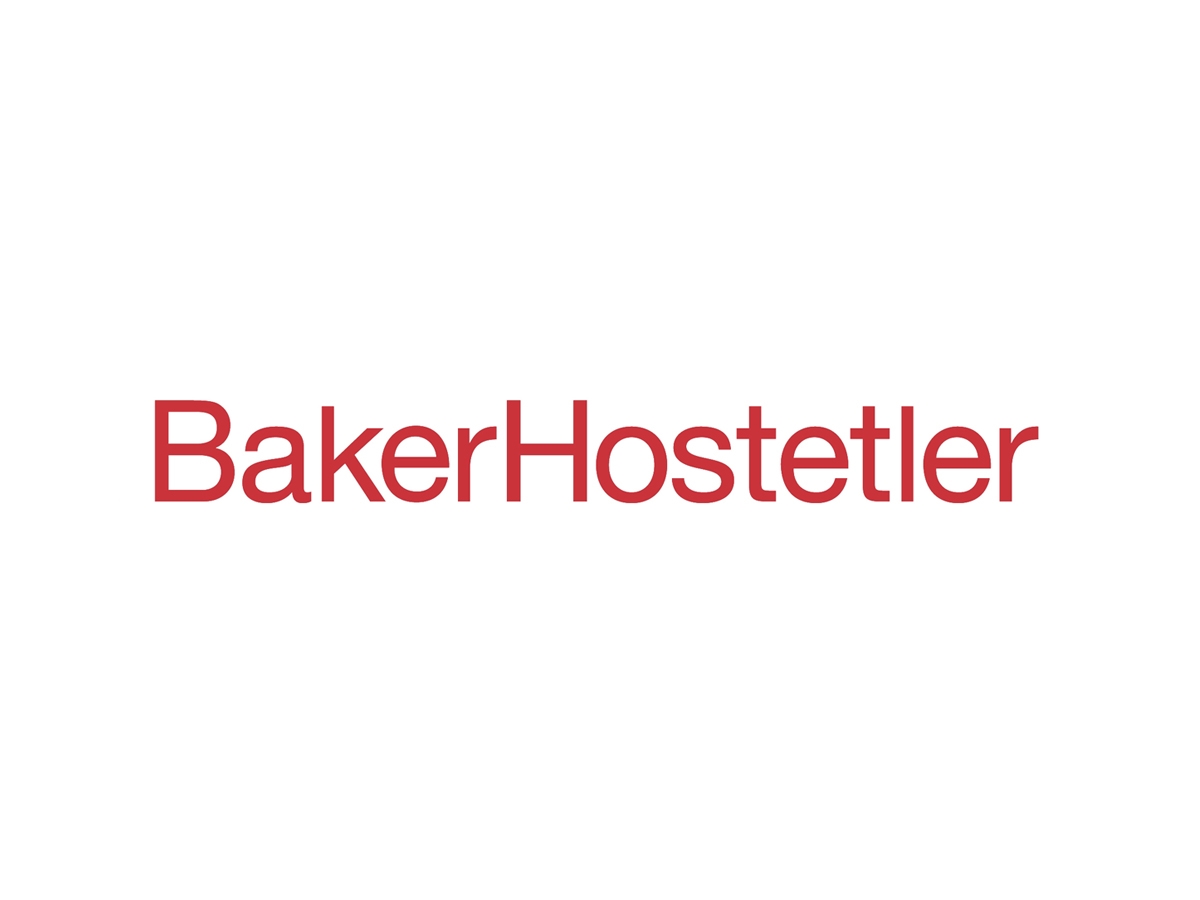Be Aware as Trademark Email Scams Get More Sophisticated | BakerHostetler
As the new year gets underway, we want to flag the newest misleading trademark email scams, as these communications have become more advanced in their targeting.
Trademark owners should be wary of official-looking email solicitations from attorneys or law firms that claim to specialize in trademarks and are masquerading as Good Samaritans who wish to aid in protecting the company’s brand against another company that has contracted that firm to register the same mark.
Over time, owners of U.S. trademark applications and registrations have become accustomed to receiving fraudulent emails from bad actors that impersonate the United States Patent and Trademark Office (USPTO) and demand urgent action to protect the recipient’s trademark rights. These emails tend to have typographical errors and email addresses ending in incorrect domain extensions (such as .com or .org rather than the correct government-affiliated .gov.) and sometimes contain an issuance of an office action without an official seal, accompanied by an urgent request for unnecessary, inflated fees.
Recently, the fraudulent scammers have become more sophisticated with their solicitations by claiming to be attorneys or law firms with expertise in trademark law. They are targeting both new application filers and established companies with registered trademarks. These seemingly legitimate communications usually urge the recipient to take immediate steps to either register their brand name or renew their trademark registration. One approach used is warning the recipient about a third party having an interest in registering the same business name, further admonishing that this third party could abscond with their brand name unless they register it first. The email will often mention that “the USPTO treats applications on a first-come, first-served basis” only to raise apprehension and garner immediate action from the recipient. Another approach involves the fraudulent sender providing a reminder about the trademark owner’s upcoming trademark maintenance filing, such as a renewal, but the deadline provided is usually incorrect.
In both instances, these emails stress that “according to the Lanham Act of 1946 (§§ 1051 et seq.), federal registration is a prerequisite for securing ownership rights.” This language is used as a scare tactic to secure trust in the sender’s supposed trademark expertise and procure an expeditious response from the recipient by emphasizing mandatory action. Note that it is not mandatory to register a trademark in the U.S. to secure trademark rights because the U.S. recognizes common law rights, although there are benefits to seeking registration.
We encourage companies to be vigilant in identifying these trademark email scams, as they can be very convincing. If you receive this sort of correspondence relating to your trademark or brand, we encourage you to contact trademark counsel for review, especially before paying any requested fees, clicking any links, scanning any QR codes, or even responding to it at all.
Additional information about similar trademark scams can be found on the USPTO’s website:
Amanda Spoto assisted in the writing of this post.
[View source.]






